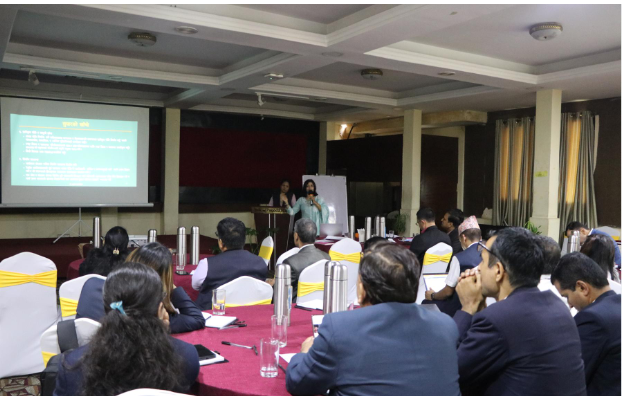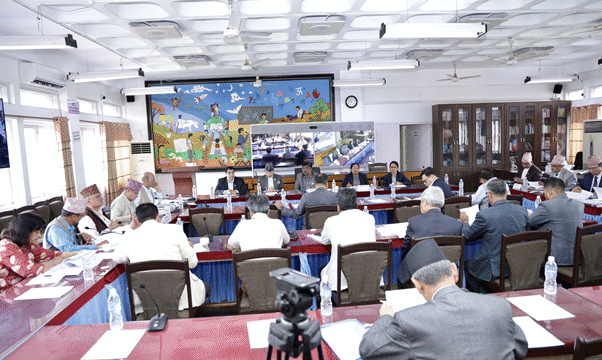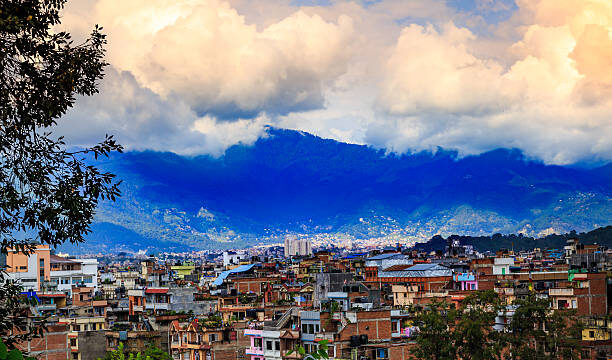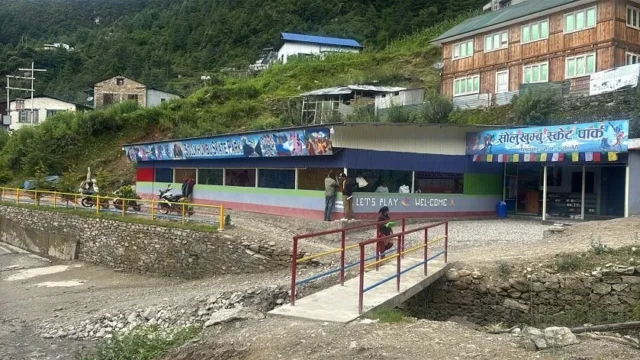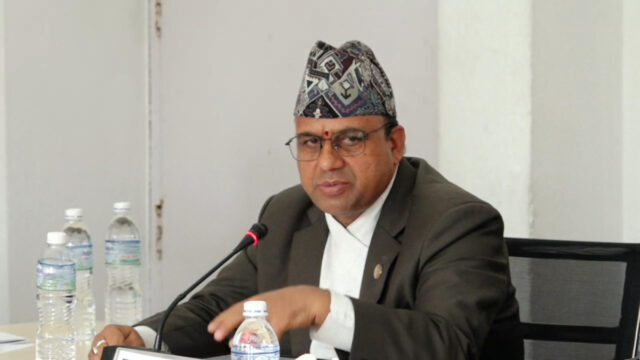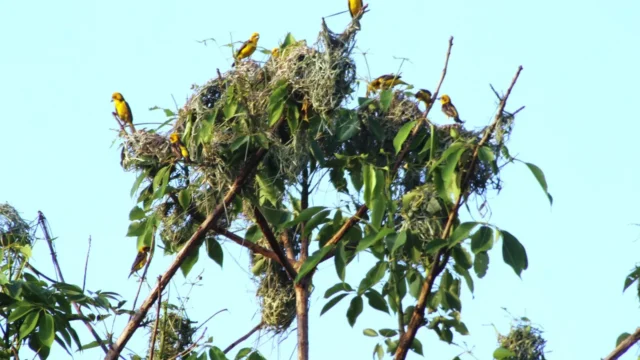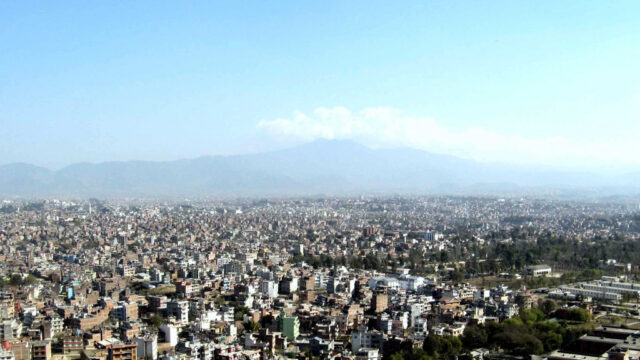The need for distinct legislation dedicated to sustainable development with a focus on environmental balance has been emphasized by experts and stakeholders during a policy workshop held today. The event, titled “Protection of Natural Resources in the Development of Linear Infrastructure,” was organized by the Good Governance Conservation Forum in collaboration with the World Wildlife Fund (WWF) and coordinated by the Ministry of Law, Justice, and Parliamentary Affairs.
During the workshop, Dr. Alka Sapkota, an environmental engineer, presented a paper highlighting the importance of conserving biodiversity and protecting wildlife in the development of linear infrastructure. She underscored the significance of local, national, and international best practices in these areas.
Legal expert Dr. Arjun Khadka presented a paper on the “Legal Aspects of Wildlife and Natural Resource Conservation in the Context of Linear Infrastructure Development in Nepal.” He stressed the urgent need for legislation that ensures sustainable development, pointing out gaps in current legal frameworks.
Forest expert Dhananjaya Poudel emphasized the need to guarantee the protection of natural resources in the formulation and implementation of the National Biodiversity Strategy and Action Plan. He highlighted the importance of integrating natural resource conservation into the development of linear infrastructure.
WWF policy expert Ekraj Sigdel called for timely updates to Nepal’s laws and regulations concerning wildlife and biodiversity, particularly in the context of evolving environmental challenges. Policy expert Kamal Subedi echoed this sentiment, stressing that Nepal must incorporate linear infrastructure considerations into environmental protection regulations and the National Biodiversity Strategy and Action Plan. He suggested that policy reforms are crucial as global issues like biodiversity loss and climate change become increasingly pressing.
The workshop also shed light on the alarming statistics related to wildlife mortality in Nepal’s protected areas. During the fiscal year 2079/80, 558 wildlife deaths were recorded, with 185 resulting from road accidents and drowning in canals. Over the past six years, road accidents have claimed the lives of 776 wild animals.
WWF biodiversity advisor Dr. Shantaraj Gyawali emphasized the need to reduce human-wildlife conflict and promote wildlife-friendly infrastructure. He stressed that while infrastructure development is essential for prosperity, it must be balanced with the preservation of natural resources and human civilization.
Mahendra Sakhi, head of the law branch at the Ministry of Forests and Environment, highlighted the importance of implementing Supreme Court orders related to environmental protection. He also suggested that hydropower development and transmission network construction in Nepal should consider environmental factors.
Kedar Silwal, director of the Nepal Electricity Authority, advocated for laws that prioritize environmental protection when expanding domestic and cross-border transmission lines. Law Officer Suraksha Khadka from the Ministry of Law, Justice, and Parliamentary Affairs pointed out the interconnection between biodiversity and climate change, emphasizing the need for future legislation to address these issues.
Representatives from ministries and related agencies echoed the need for a Development Act and an Environmental Protection Act in Nepal. They also called for a simplified approach to the Environmental Impact Assessment (EIA) process.
The discussion also highlighted the significant impact that sustainable development and environmental protection have on tourism in Nepal. As the country continues to attract tourists with its rich biodiversity and natural beauty, ensuring that infrastructure development does not harm the environment is crucial for maintaining Nepal’s appeal as a top eco-tourism destination.
By prioritizing environmental protection in infrastructure projects, Nepal can enhance its tourism sector, offering visitors the opportunity to experience its pristine natural landscapes while also contributing to conservation efforts. The experts’ call for separate legislation to balance development with environmental sustainability aligns with the broader goal of promoting responsible tourism that benefits both the economy and the environment.
